1,152 people with HIV, or 4.5%* of all people living with HIV in Kazakhstan stay in the penitentiary institutions of the Republic of Kazakhstan as of June 31, 2020. More than 1,000 people living with HIV in prisons receive antiretroviral therapy, which is 3.2 times more than in 2012.
Lyubov Vorontsova, Director of the #SoS_project in Kazakhstan, shared the experience of the Central Asian Association of PLHIV in the context of HIV and COVID-19 prevention and treatment in penitentiary institutions, as part of the online conference “Prisons in the context of COVID-19”.
“Preventive work in the context of health in the penitentiary system can be more effective only where close interaction and mutual understanding is established among all stakeholders: government agencies, penitentiary institutions and non-governmental organizations”, Lyubov Vorontsova says, “We work to ensure that people in custody have the opportunity to exercise their right to the highest attainable standard of physical and psychological health guaranteed by the state”.
She noted that the Central Asian Association of People Living with HIV (CAA PLHIV) has set a number of key tasks for HIV/TB prevention and support for PLHIV who are in prisons with the support of #SoS_project. The partners of CAA PLHIV in the penitentiary component in Kazakhstan are the Office of the Ombudsman in the Republic of Kazakhstan, the National Preventive Mechanism (NPM), the ICF “Alliance for Public Health” and the Network (“100% Life”).
Key activities in the 2019-2021:
- Improve the efficiency and accessibility of HIV services delivery (continuity from testing to care) in prisons.
- Promote access to and respect for human rights in prisons.
- Develop a Concept for achieving the 90-90-90 goals in the penitentiary system of Kazakhstan.
- Apply the results obtained in Kazakhstan in other EECA countries.
According to Ms. Vorontsova, a number of strategically important activities were implemented during the first year of work.
Thus, she noted that in September 2019, #SoS_project partners from the Network “100% Life” and representatives of the Secretariat of the Ombudsman of the Verkhovna Rada of Ukraine visited the country. They visited Kazakhstan to discuss the implementation of changes in the monitoring system for the observance of the right to health, as well as access to HIV treatment and prevention services. The main areas of cooperation and work were recorded at a joint meeting of CAA PLHIV, UNAIDS, CCM with the Ombudsman in Kazakhstan, and are being consistently implemented.
In the same 2019, a training workshop “Monitoring the observance of the right to health of persons in custody and convicts” was organized for members of the NPM of Kazakhstan. During the event, the participants developed a national algorithm for ensuring control over the observance of the right to health of people held in custody and convicted in the prisons of Kazakhstan.
In 2020, the pandemic slightly shifted the schedule of activities, but on June 11, a meeting of the Country Coordinating Committee was held, at which the NPM presented a report on the situation of persons with socially dangerous diseases in prisons. It is important to note that this was a joint initiative of the ALE Central Asian Association of People Living with HIV and the Office of the Ombudsman in Kazakhstan. The presentation itself was drafted by members of the NPM of Kazakhstan.
Key findings of the report:
– Convicts do not have access to all medical and social services available to other citizens;
– There are not enough clinicians in the penitentiary system to provide such access to health care
To date, CAA PLHIV, with the support of #SoS_project, the 100% l Life Network, have developed a worksheet for studying health care in prisons – as a monitoring tool for NPM members. Importantly, the worksheet has been expanded with a COVID-19 prevention access monitoring component. This document has been sent for approval to the NPM Coordination Council for further use as a permanent tool during monitoring visits to prisons.
Lyubov Vorontsova said, “We are preparing the module “Public participation in monitoring the right to health and access to HIV-related services in prisons” as a component of the online training on human rights and HIV in Kazakhstan. This module will include a component on monitoring access to prevention and treatment of COVID-19″.
She also noted that the project team has further plans:
– Development of recommendations for NPM in Kazakhstan to achieve the goals of the 90-90-90 strategy in the penitentiary system of the Republic of Kazakhstan.
– Creation of a working group to implement recommendations for NPM in Kazakhstan on achieving the 90-90-90 goals in the country’s penitentiary system, as well as the development of a Concept Note for the implementation of these recommendations.
– Implementation of the practical application of the monitoring tool (worksheet for studying health care in prisons) and the inclusion of the collected information in the report of the Ombudsman in Kazakhstan for 2021.
*Note that in total, according to estimates of early 2020, the number of people living with HIV in Kazakhstan was 31,378, and according to officially registered data, only 25,753 people know about their status.

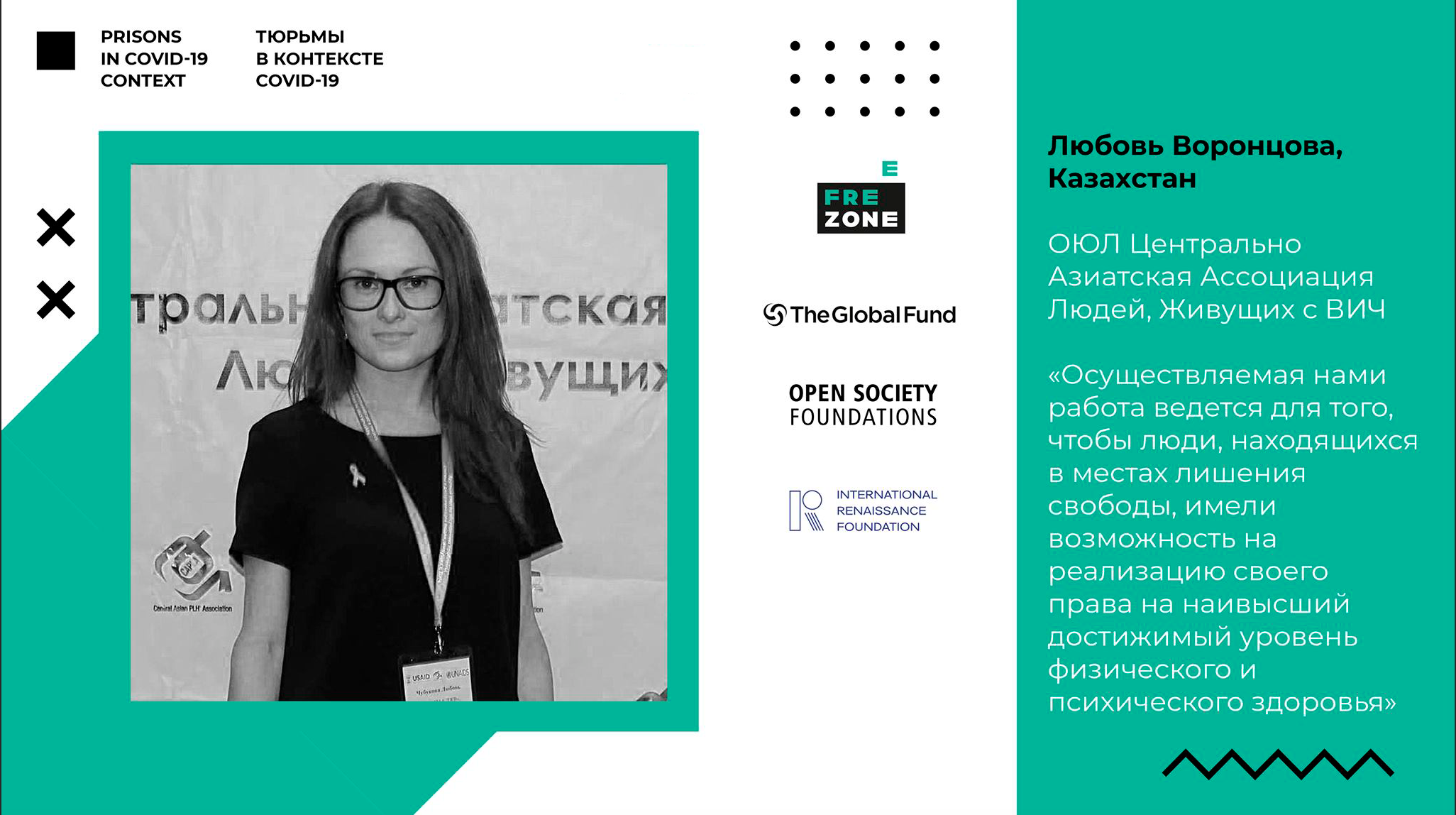
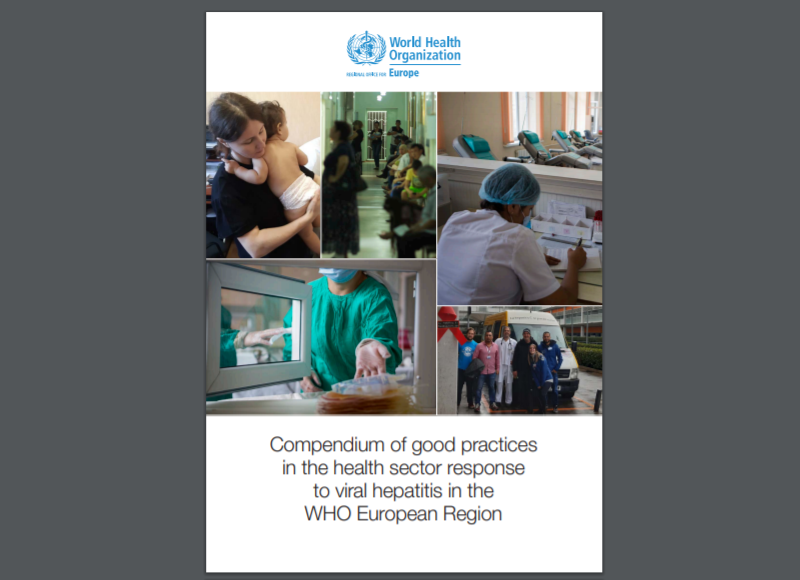

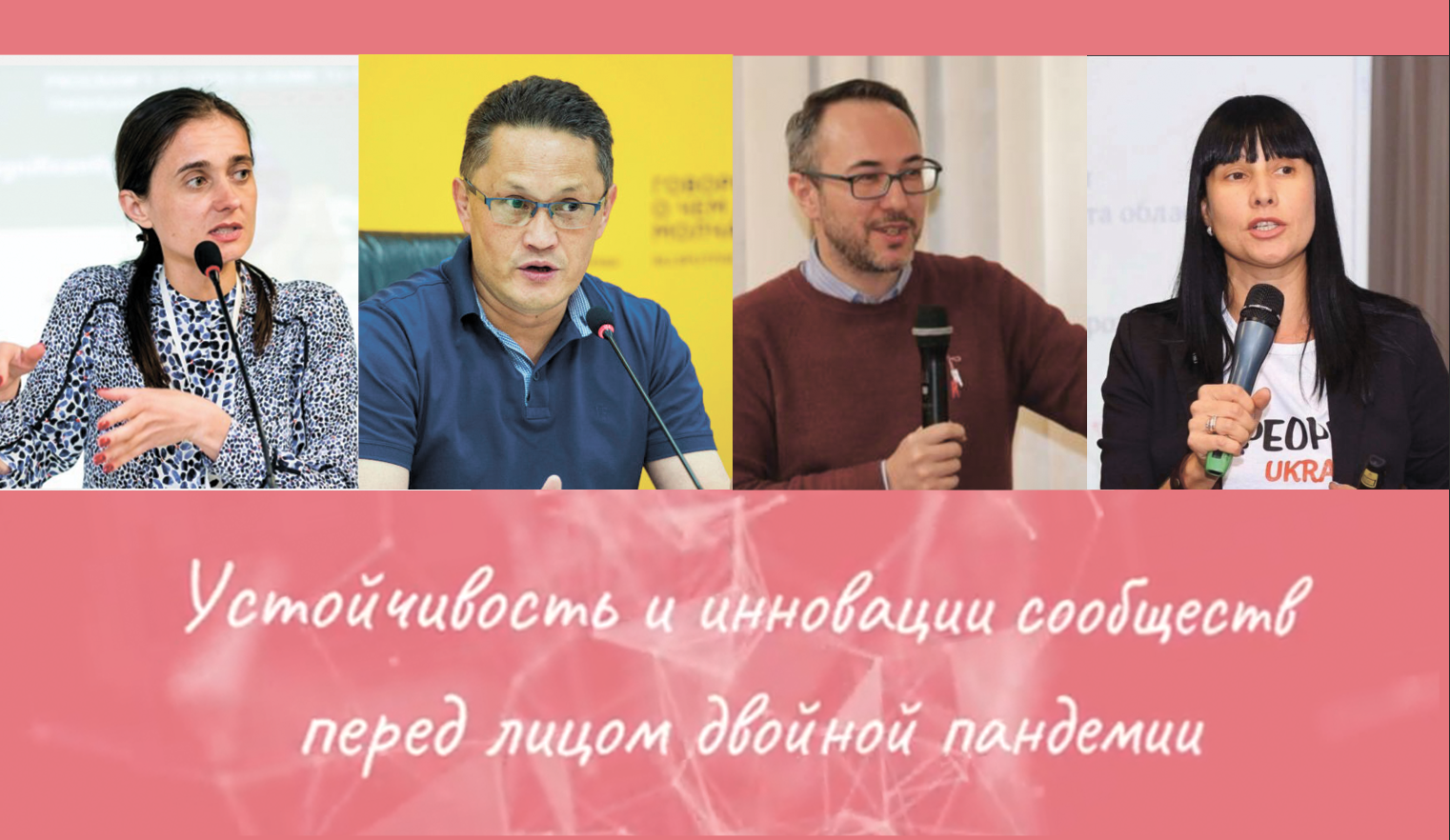

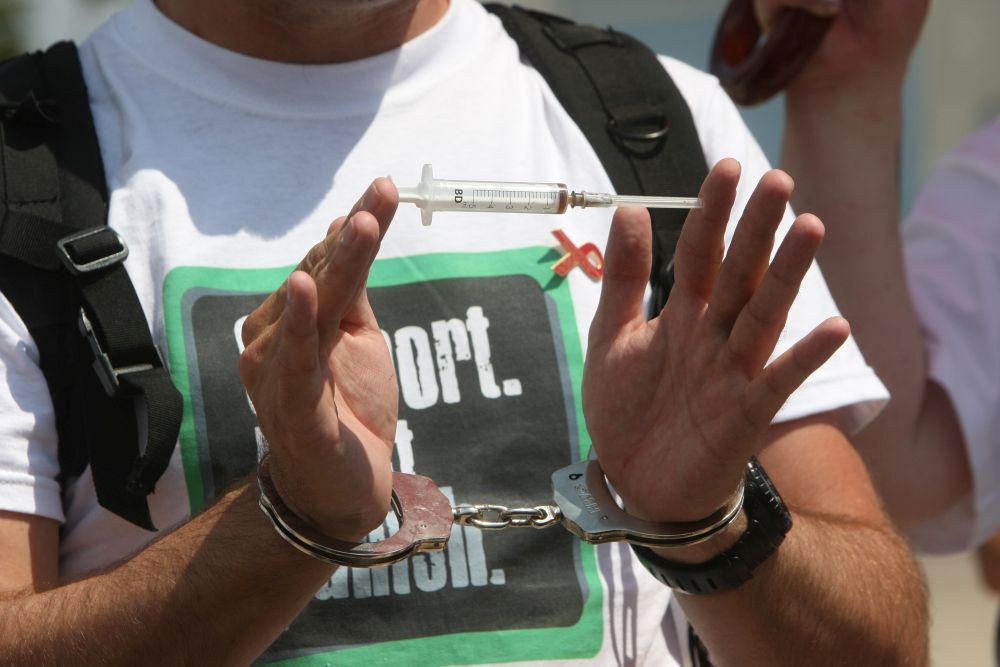
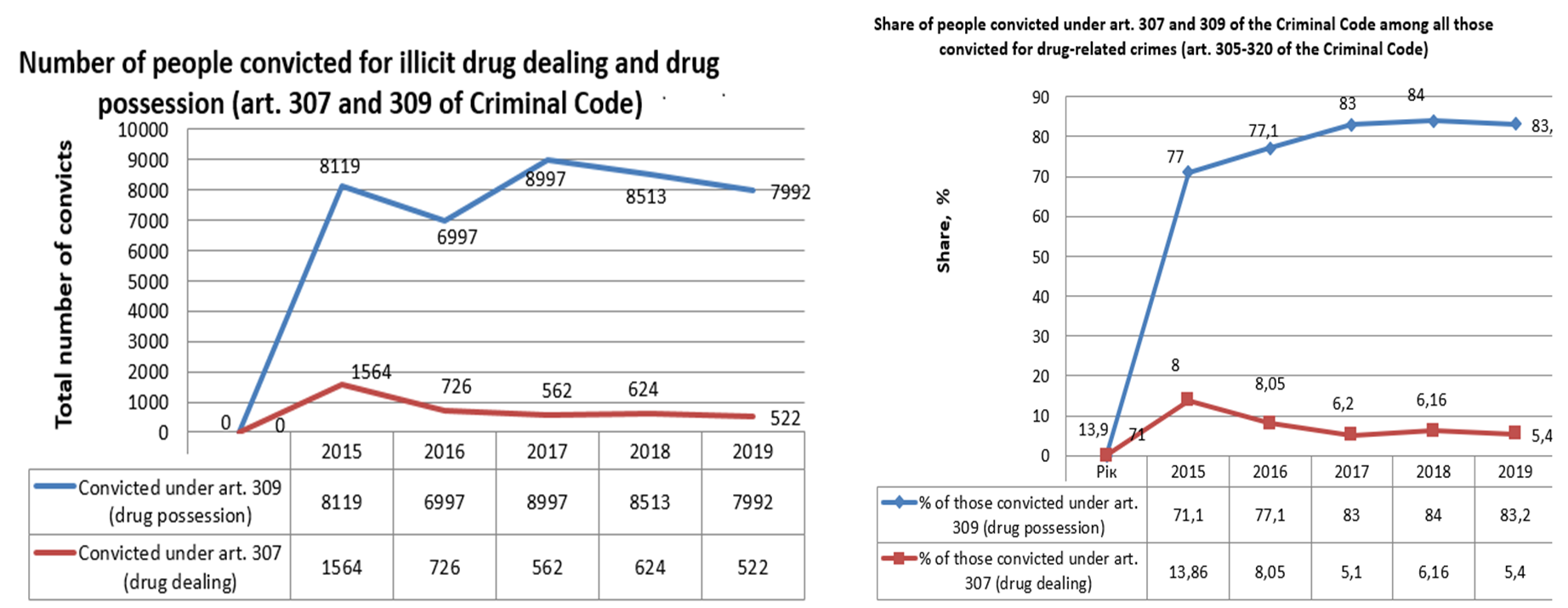
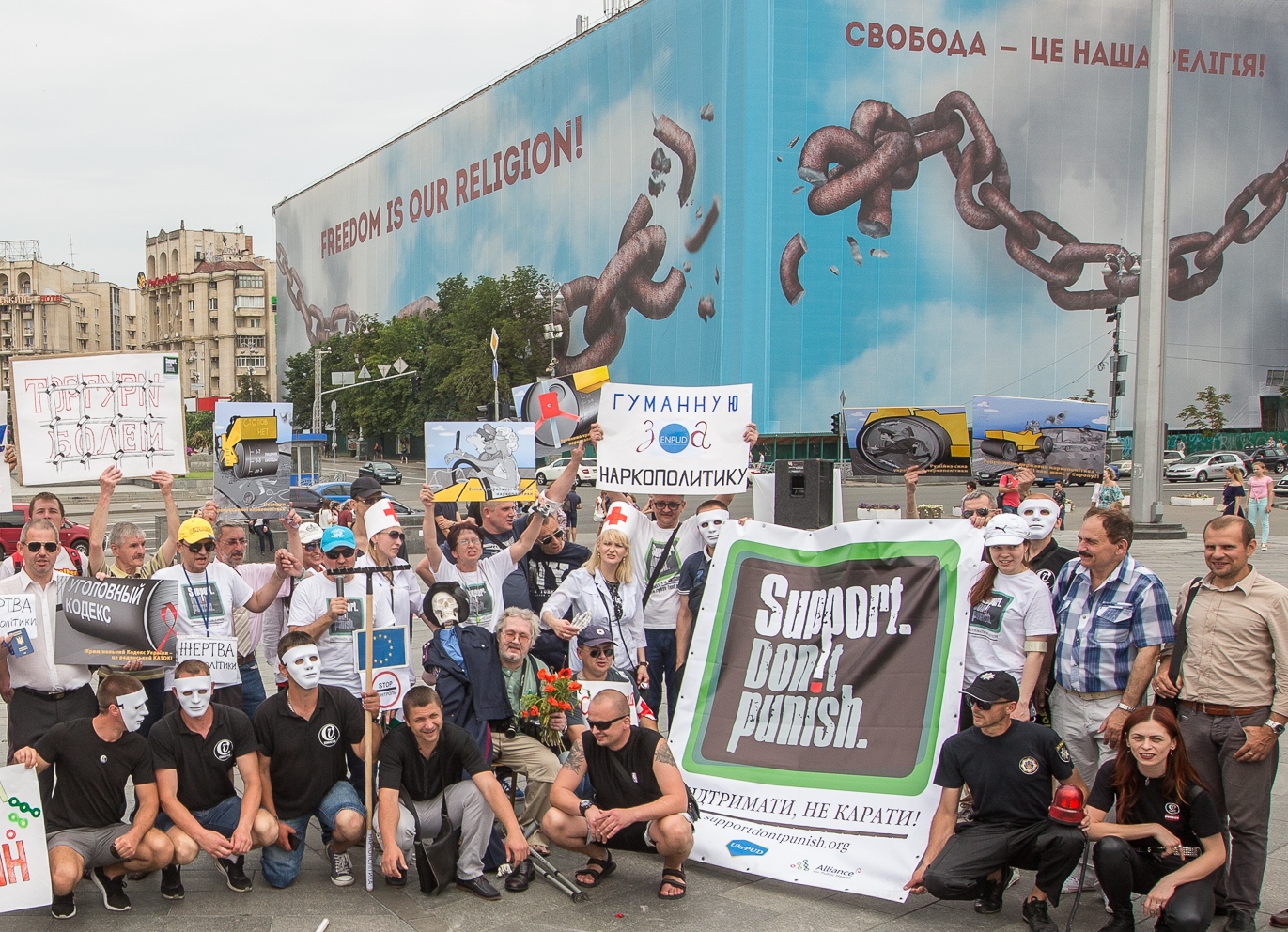
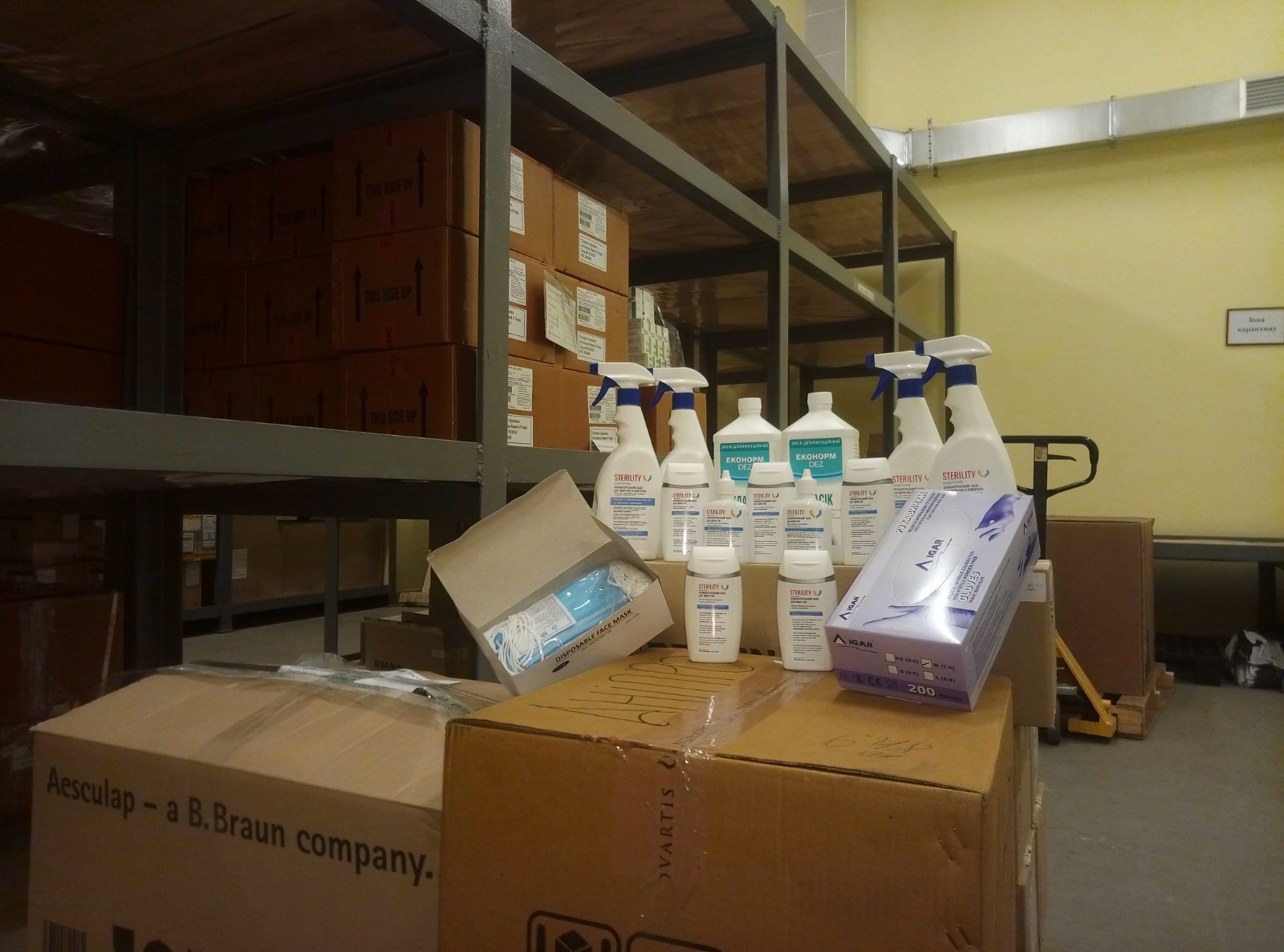
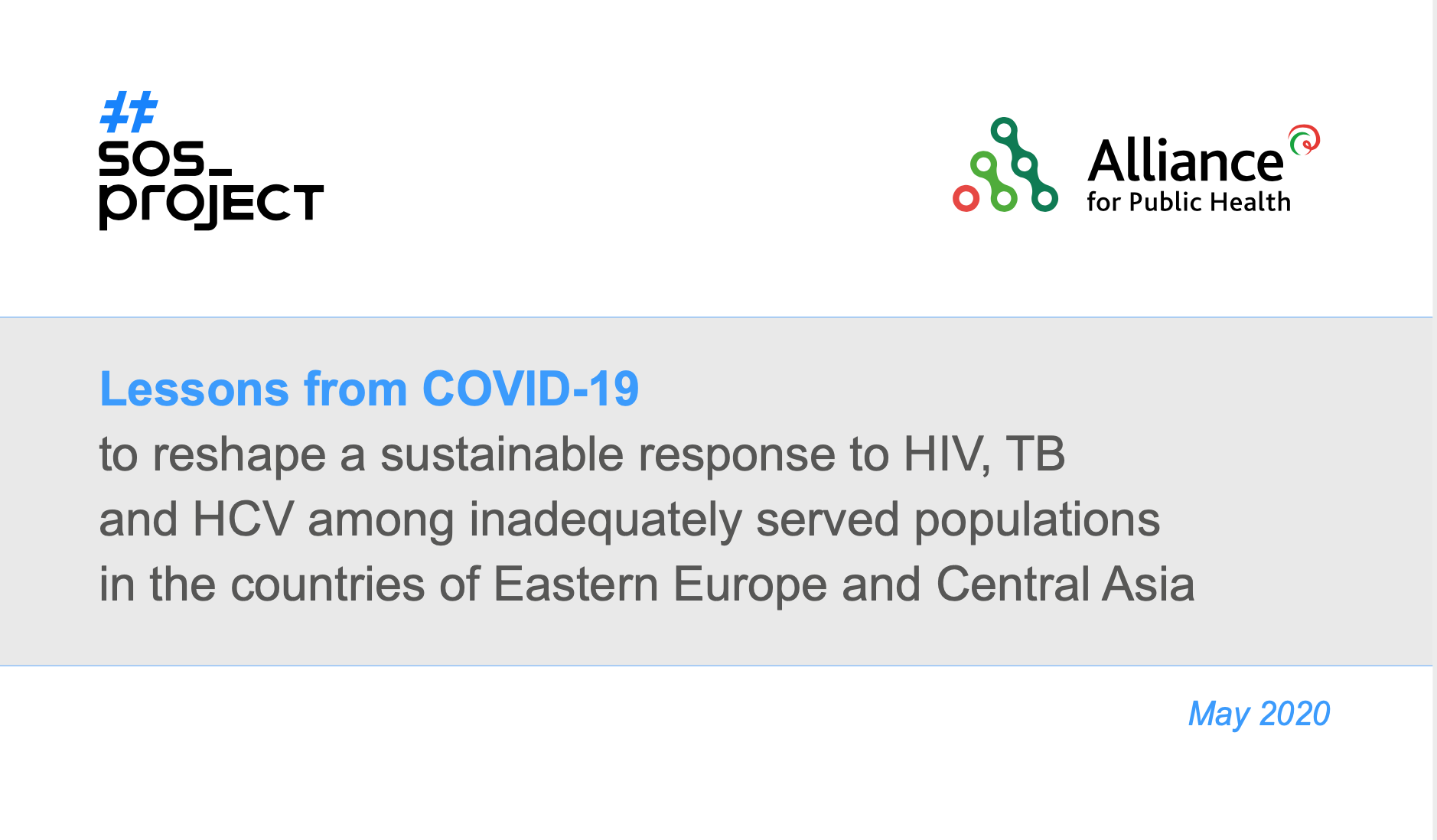
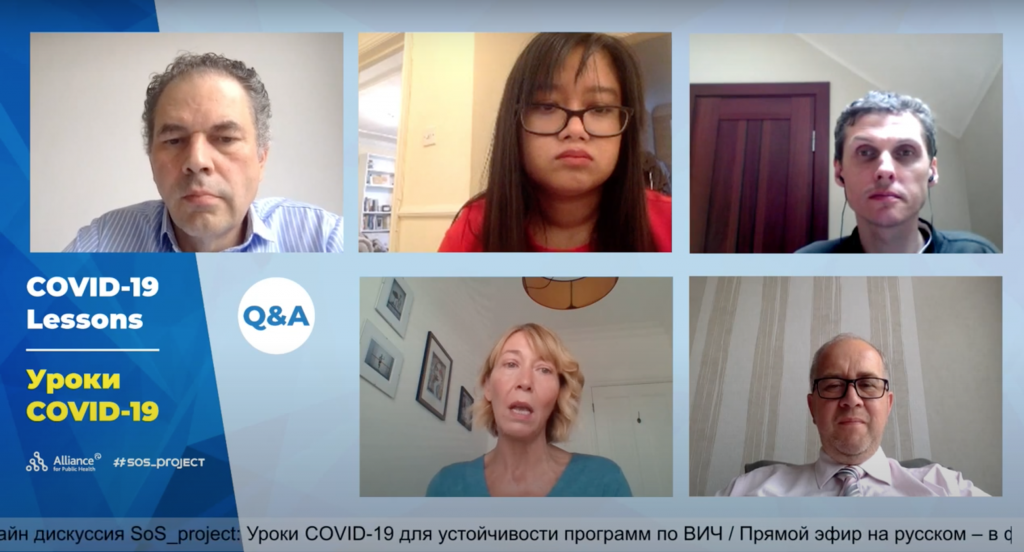
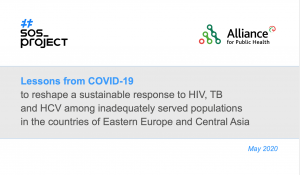
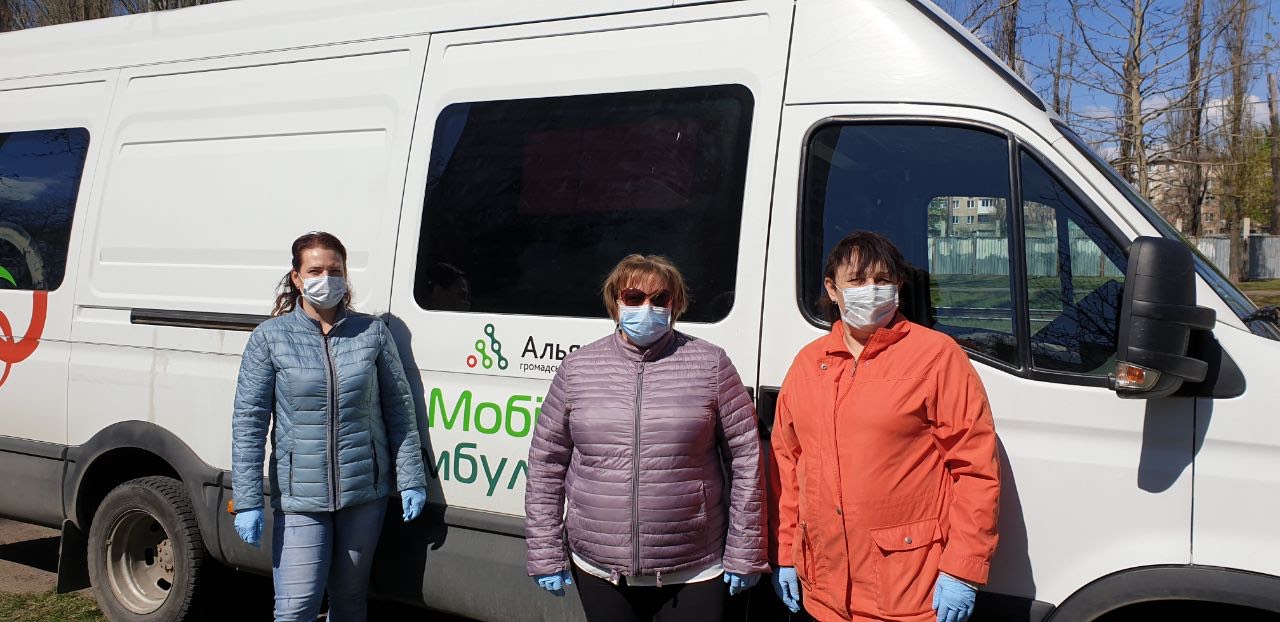
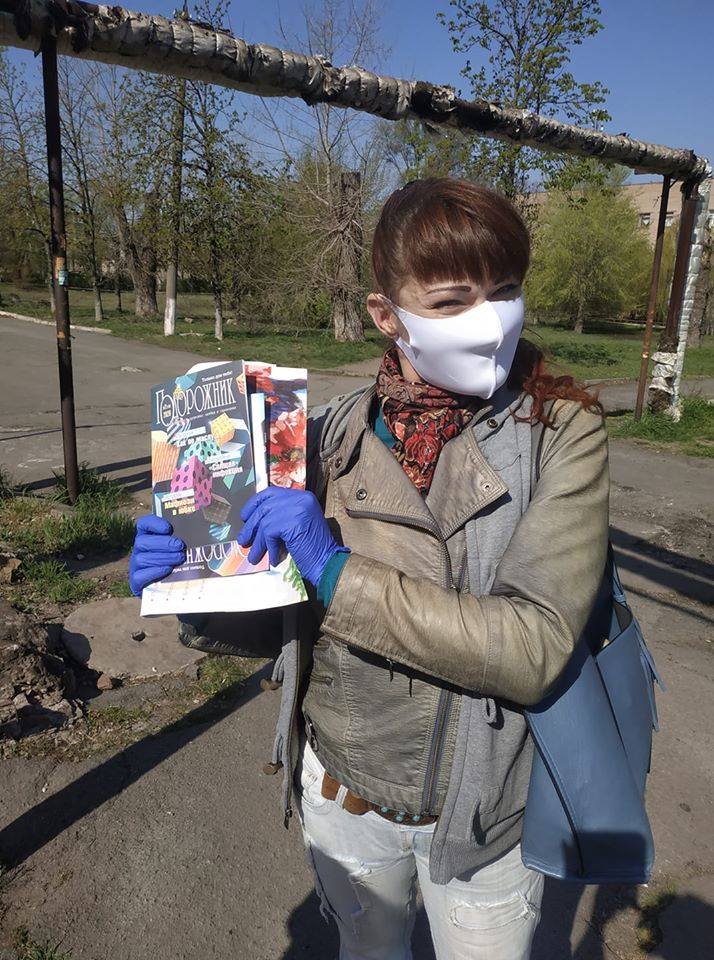

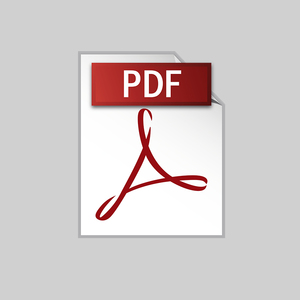 OST Program in Ukraine imposed enhanced measures to avoid negative consequences in conditions of COVID-19 epidemic
OST Program in Ukraine imposed enhanced measures to avoid negative consequences in conditions of COVID-19 epidemic